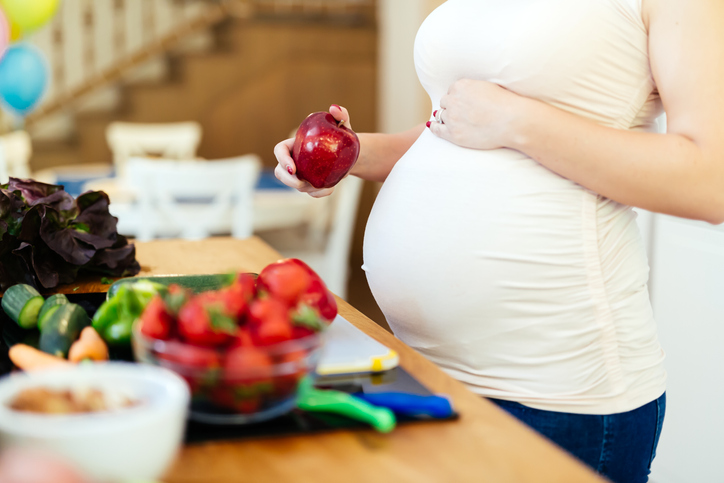Show content
As a soon-to-be parent, you’ll want to make sure that you’re doing everything possible to ensure a healthy baby, and that starts with your nutrition during pregnancy. Eating a nutritious, balanced diet is one of the best things you can do for yourself and your baby. But what should you eat during pregnancy and how can you make sure you’re getting all the right nutrients? In this post, we’ll explain why nutrition during pregnancy is so important and how you can make sure you’re getting all the vitamins and minerals you need. We’ll also provide some tips on how to maintain a healthy weight during pregnancy and make sure you’re getting the calories you need. With this knowledge, you’ll be well on your way to a healthy pregnancy and a healthy baby.
Signs of Poor Nutrition
When it comes to proper nutrition during pregnancy, the first step is recognizing the signs of poor nutrition. The most common signs include weight loss, mental and mood changes, and low levels of iron. Weight loss can occur if you are not getting enough calories to sustain yourself and your baby. Mental and mood changes can occur due to exhaustion or lack of necessary vitamins and minerals. Lastly, low levels of iron can lead to symptoms such as fatigue and dizziness.
Essential Nutrients for Pregnancy
In addition to recognizing signs of poor nutrition, it is important to understand the essential nutrients needed for a healthy pregnancy. These include folic acid, iron and vitamin D. Folic acid helps prevent serious birth defects in babies, iron helps carry oxygen throughout the body for both mom and baby, and vitamin D is crucial for healthy development in babies.
Poor Eating Habits to Avoid
Not all poor nutrition during pregnancy is caused by a lack of essential nutrients—poor habits also play a role as well. The biggest habit to avoid is not eating enough; under-eating can deprive your body of key nutrients while also slowing down development in babies. Eating too much can also be a problem; this can lead to gaining unhealthy amounts of weight which could be dangerous for both mom and baby. Unhealthy food choices such as high-sugar or fried foods can also impede nutritional intake when consumed regularly in large amounts.
Healthy Eating During Pregnancy
Despite what popular trends may suggest, healthy eating during pregnancy doesn’t have to be complicated. Consuming adequate protein while avoiding high amounts of fat is important; lean proteins such as fish and poultry are great options as they are full of omega-3 fatty acids which are beneficial for babies’ developing brains. Eating carbohydrates such as grains (rice, oats, etc.) can provide your body with energy-boosting B vitamins. Lastly, consuming plenty of fruits and vegetables will help give you the vitamins and minerals your body needs for healthy growth in babies! Pregnancy is an exciting and special time in every parent’s life, and nutrition is key to having a healthy and successful pregnancy. By understanding the signs of poor nutrition, becoming aware of the essential nutrients needed during pregnancy, avoiding poor eating habits, and developing healthy ones, you can be sure that you and your baby are getting the nutrition you need for a safe and healthy pregnancy journey. With proper nutrition, you can provide the nutrients your baby needs for healthy development and give yourself the energy and nutrition you need for a memorable pregnancy experience!

